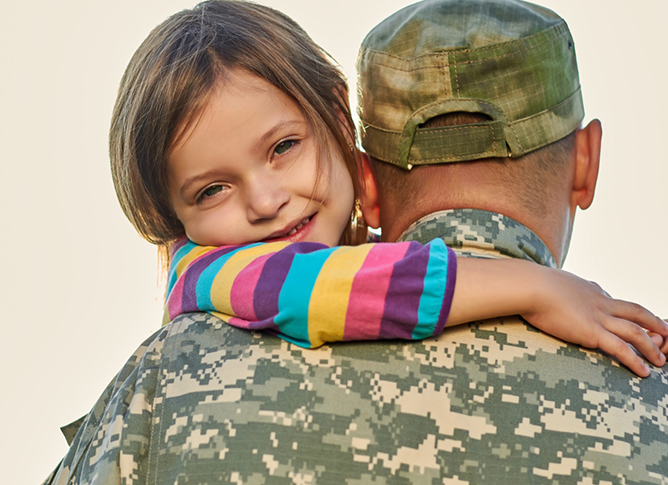You and your spouse — soon to be your ex — can’t agree on how child custody should get divided.
You hope that both parents can stay involved. You’ve advocated for joint custody, with a plan that simply moves the kids from your home to your ex’s home every other week. It’s simple, you both get to see the kids and you hope this lowers the amount of stress the children feel about the split.
Your spouse, though, insists on sole custody. He or she argues that moving the kids is unnecessary. Can’t you just come over to visit every once in a while?
You know you’ll never voluntarily agree to that, so it’s going to court, where the judge is going to have to decide. How does he or she make that decision? Below are a few things that deserve consideration:
The children’s best interests
Nothing is as important as determining what arrangement is really best for your kids. Factors may include:
- Your mental and physical health
- Your ex’s mental and physical health
- Stability of each home
- The children’s special needs
- Older children’s own wishes
- Criminal records
- Abuse of drugs or alcohol
- Relationships with other people living in both homes
- The community in which the children will live
No matter what the parents want, the court attempts to do what will benefit the children the most.
The primary caregiver for the children
Whether you intended things to be this way or not, one of you may be the primary caregiver. Some couples do split up parental duties evenly, but not all. If it’s clear to the court that only one of you really cared for and raised the children while you were married, that person may have a much better chance to get custody than the parent who was not involved before. The court wants the children’s lives to change as little as possible, after all.
What defines a primary caregiver? It could be the person who:
- Spends the most time grooming and bathing the children.
- Cooks family meals and plans out the eating schedule.
- Teaches the children their basic skills as they grow up.
- Teaches the children more advanced skills when they enter school and assists with homework.
- Makes the health care decisions for the children and takes them to their appointments.
- Plays with the children, taking them to recreational activities and planning them out.
A lot of it comes down to time. If one parents spends all day with the kids, taking care of them and raising them, while the other parent sees them for an hour in the evening, then there’s clearly a difference in the two roles.
Your parental rights
These are just two things the court will consider, but breaking them down shows you how many relevant factors may exist. As you head to court, make sure you fully understand all of your parental rights.























